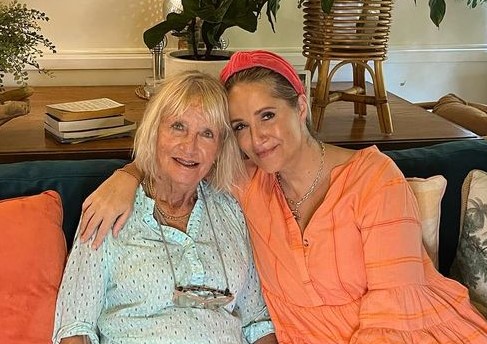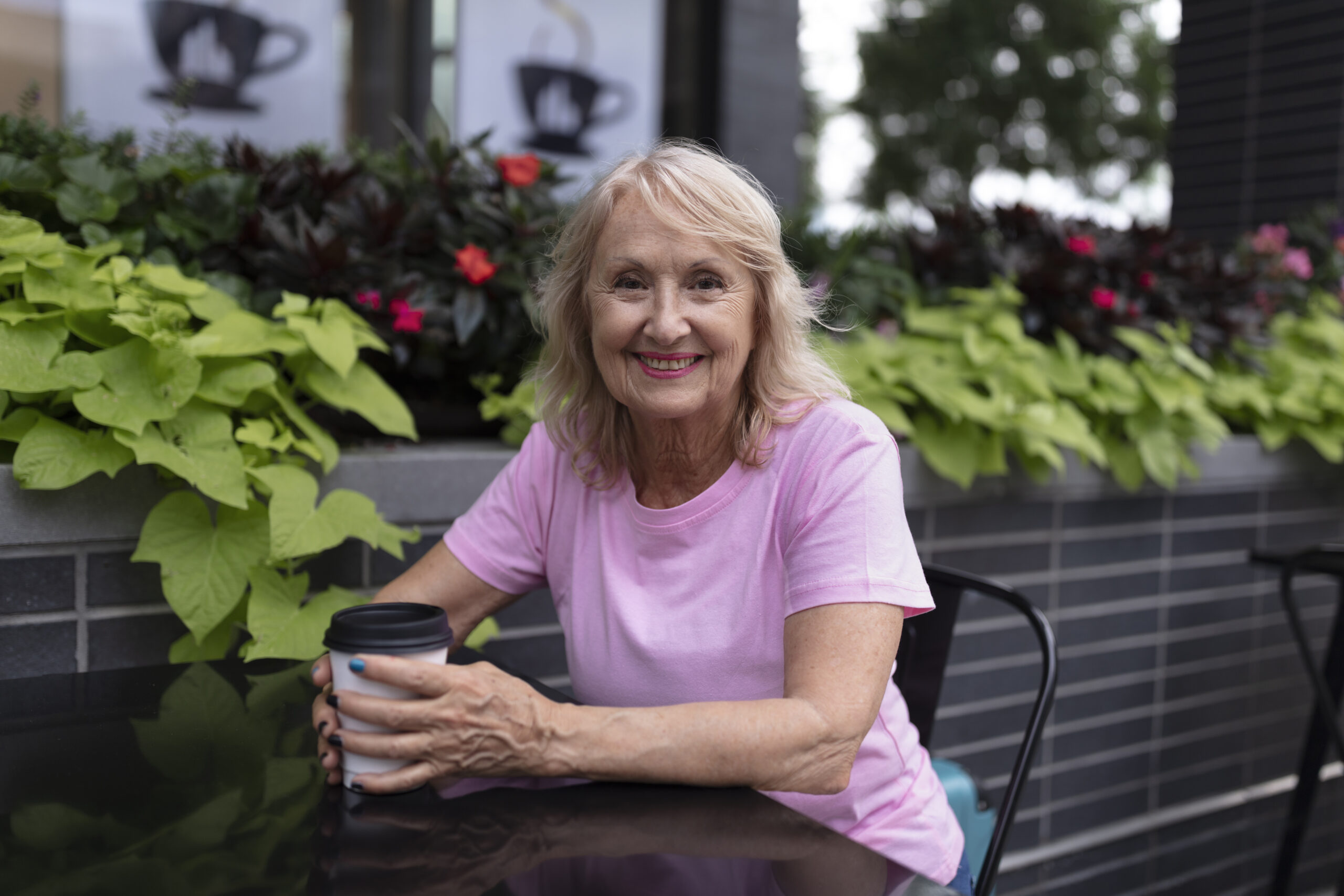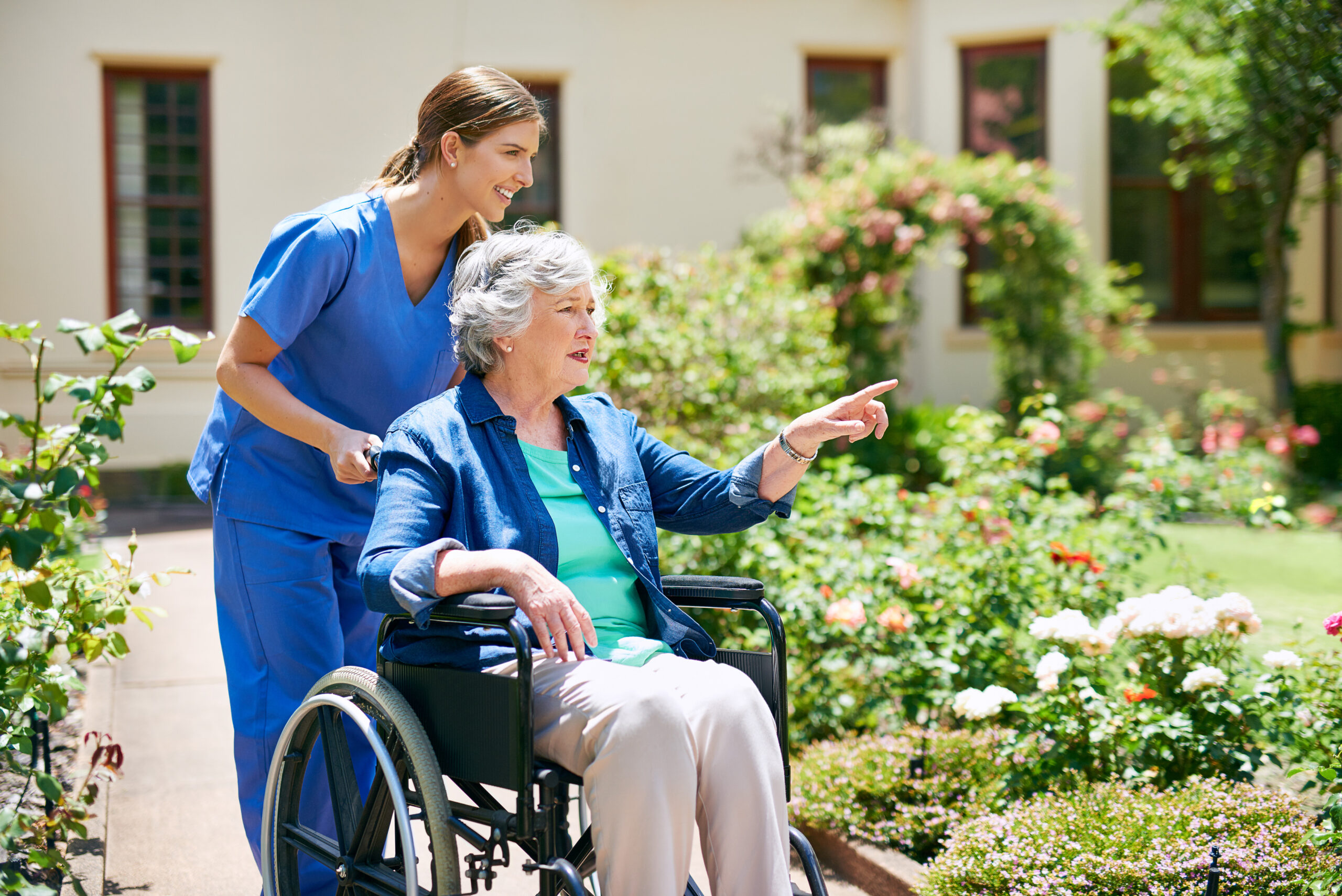
Understanding aged care fees and charges can be one of the most complicated aspects of navigating the aged care process. To help answer some of these financial questions we have put together 8 frequently asked questions about aged care fees.
1. Do I have to pay for aged care in Australia?
All residents are required to pay a Basic Daily Fee to cover meals, cleaning, laundry, heating, and cooling. This fee is also called a standard resident contribution in aged care legislation. This fee is equivalent to 85% of the single basic age pension. Like the aged pension, it is indexed with increases most quarters.
The Department of Veterans’ Affairs pays the basic daily fee for former Prisoners of War and Victoria Cross recipients.
Contact Aged Care Decisions to get right advice and support to find an aged care facility near you.
2. What types of fees apply to residential aged care?
Basic Daily Fee
All aged care residents pay the same basic daily fee. This fee is used for covering the day-to-day livings costs of residents such as meals, heating, and cleaning. The maximum daily fee which can be requested by a provider is $61.96 day as at 20 March 2024.
Means-Tested Care Fee
Whether you must pay the means tested care fee depends on the outcome of an Assets & Income Assessment. Generally, if assets are above $201,231.20 or assessable annual income is above $32819.80 a means tested care fee will apply. If the means tested care fee is applicable, it is capped at an annual amount of $33,309.29. A lifetime cap of $79,942.44 also applies. It is important to note that the former primary residence may count as an asset.
Extra Services Fee
Additional monthly fees may be charged if a resident opts for extra services, such as satellite TV, hairdressing, special therapies, etc. This fee is called different things at different facilities and can be negotiated between the potential resident and the aged care provider.
Accommodation Payment (RAD/DAP)
Aged care fees are split into two types – care fees and accommodation fees. An accommodation fee will usually be expressed in the form of a Refundable Accommodation Deposit (RAD). This is what used to be known as the aged care bond. Currently, the average RAD across Australia is approximately $470,000. The RAD is normally fully refunded to a family upon exit. This amount can also be elected to be paid as a Daily Accommodation Payment (DAP), which is non-refundable.
When you tour facility to place a loved one, it is important to discuss cost and contract to get clear picture of costs that you will be paying.
3. How do I know which aged care fees I have to pay?
The types of aged care fees you must pay differ depending on the type of care you are looking for and the future residents’ level of assets. The two primary types of Residential Aged Care are respite and permanent.
Respite Care
Respite care is a short-term stay in a residential aged care facility. Respite care is designed to give carers a break for a limited period of time, and you can access up to 63 days of subsidised care in a financial year. For respite care, future residents only need to pay the Basic Daily Care Fee ($61.96 per day). However, some facilities may charge an Extra Services Fee, which gives you upgraded access to many ‘hotel-type’ services. For facilities with an Extra Services Fee this will also need to be paid to contribute to the cost of the respite stay.
Permanent Care
Permanent care is for those who are no longer able to live on their own. Permanent care includes accommodation and 24/7 care, as well as access to nursing and general health care services. The types of fees you will need to pay for permanent care vary depending on the future residents’ assets.
Supported Resident
If the future resident has assets below $59,500 then they are considered a supported resident. Supported residents only have to pay the Basic Daily Care Fee and the Extra Services Fee (if applicable). There is no accommodation payment required as a supported resident.
Partly Supported
If the future resident has assets between $59,500 and $201,231.20 then they are considered partially supported. Partially supported residents must pay the Basic Daily Care Fee as well as a Daily Accommodation Contribution (DAC). An Extra Services Fee may also apply, but only with facilities that require this fee. There is no accommodation payment required as a partially supported resident.
RAD Payer
If the future resident has assets more than $201,231.20 then they are considered a RAD payer. As a RAD Payer, there are three compulsory fees to be paid. All RAD Payers must pay the Basic Daily Care Fee, the Means Tested Care Fee and the Accommodation Payment (paid as either RAD or a DAP). An Extra Services Fee may also apply, but only with facilities that require this fee.
4. Is it better to pay RAD or DAP?
As mentioned above, you only need to make an Accommodation Payment if you have assets over $201,231.20 This Accommodation Payment can either be paid as a lump sum or in instalments. The lump sum payment is called a RAD and is fully refundable upon exit. Paying in instalments is called a DAP and is non-refundable.
A DAP is suitable for carers who do not wish, or are unable to pay, a lump sum to the Nursing Home. While some carers would sell the family home to pay via a RAD, some family homes could still be occupied or have sentimental value to the carer. In this instance, a DAP option may be better.
We recommend seeking independent financial advice as every potential aged care resident’s situation is unique.
5. Do I have to sell my family home when I move to aged care?
Some people think that moving into aged care means they have to give up their home. They often blame the government or the aged care facility for this. But this is not true. The decision to keep or sell your home when you enter aged care is yours to make.
There are some circumstances in which the family home is actually excluded from their assets. If a protected person lives in the family home, it will not count towards a future residents’ assets. It is also important to note that this exemption may be lost if the protected person who has been living in the home, moves out. A person is considered protected if they tick any of the following criteria:
- A partner/spouse
- A dependent child
- A carer who is eligible to receive an Australian Government income support payment and who has lived in your home for the past 2 years. It is not necessary for the carer to have received a Carer Payment or Carer Allowance to be considered a carer. However, at the date of entering care the carer must meet the eligibility criteria for an Australian Government income support payment.
6. What is the best way to pay the Accommodation Payment?
An accommodation payment can be paid in two ways:
- a Refundable Accommodation Payment (RAD) or,
- a Daily Accommodation Payment (DAP).
The RAD is paid as a lump sum payment and is fully refundable upon departure from the aged care facility. On the other hand, a DAP is paid in instalments and is not refundable.
There is also the option to pay part of the Accommodation Payment as a RAD and part as a DAP. The best way to pay this payment varies from family to family and it is best to professional financial advice to see which option would best suit you.
7. What happens when you run out of money in aged care?
If you cannot pay your aged care costs for reasons beyond your control, you may be able to get financial hardship assistance. If eligible, this can include stopping or reducing your fees. financial help paying all or some of your fees.
8. Are aged care fees negotiable?
Some ages care fees are negotiable, whilst others are not. RAD and Extra Services Fees can be negotiated with aged care facilities. Conversely, the Basic Daily Care Fee and the Means Tested Care Fee are non-negotiable as the fees are established by the Department of Human Services.
If you need help to find aged care fill out this form and we will get in touch with you. Alternatively, give us a call on 1300 775 870 and we can answer any questions you may have.











